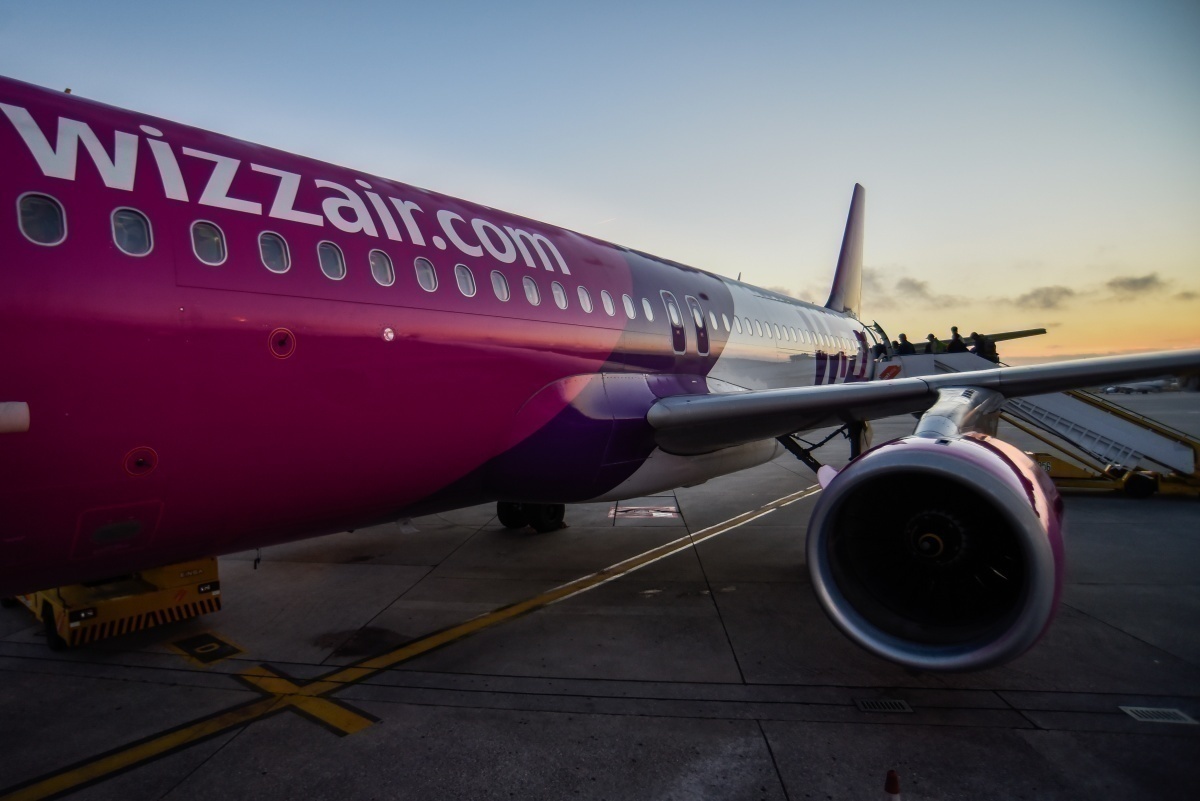All over the world, national airlines are operating rescue flights to bring stranded citizens back to their countries of residence. Flag carriers embark on journeys they would otherwise never fly, like Austrian Airlines did on its historic flight to Sydney last weekend. But what happens to citizens of countries that do not have national airlines? Let’s take a look at North Macedonia as an example.

MAT went bankrupt years ago
North Macedonia used to have a national airline: MAT Macedonian Airlines. Based in Skopje, it ceased operations in 2009. Ever since then, North Macedonia has not had a national airline, but air travel has actually been booming.
By far the most dominant airline in North Macedonia in Wizz Air. The ultra-low-cost carrier built its dominance there gradually and now flies to 38 destinations. At Skopje Airport, it flies to almost three times more destinations than all the other airlines put together.
So, North Macedonia does not have a national airline, but it has Wizz Air as a dominant airline. And it was Wizz Air that eventually emerged as the airline to operate all rescue flights to the country, even from destinations to which Wizz Air has never flown.
Wizz Air wins two tenders
Two weeks ago, North Macedonia closed its airports. It followed its neighboring countries Montenegro and Serbia as part of stringent measures to manage the current global health crisis.
Then, last week, North Macedonia launched a tender for an airline to operate two rescue flights. As reported by makfax, the government gave a 12-hour window for interested airlines to apply.
The tender even specified the exact number of citizens to be transported from each destination: 148 passengers were stuck in Malta, and 226 were in Zagreb, the Croatian capital.

Thus, all bids were due the same day that the tender was launched, Wednesday 25th March. Two days later, on Friday 27th March, Wizz Air operated these flights.
Interestingly, while Malta is a destination that Wizz Air serves from North Macedonia anyhow, Zagreb is not. Flights between Zagreb and Skopje are operated by Croatia Airlines, but Wizz Air was still the airline to perform the rescue flight for the 226 stranded citizens.
Also interestingly, the cost of the rescue operation was covered by the passengers themselves in full. Passengers were not allowed to board the aircraft without first signing a statement that they agree to pay to the government the proportional cost of the flight within 15 days and that they agree to be quarantined for two weeks.

Just one day later, North Macedonia launched another tender, for a rescue of almost 1,000 citizens from Germany.
This time, according to mkd, citizens needed rescuing from Berlin (377 passengers), Bonn (355 passengers) and Munich (183 passengers).
Diplomacy solves other problems
Meanwhile, to repatriate its citizens stuck in places farther away, North Macedonia made use of its diplomatic mechanism. Traditionally fostering very close relations to Germany and Austria, North Macedonia looked to Lufthansa Group for help with the rescue of its citizens.
The diplomatic intervention involved a phone call between North Macedonia’s Foreign Minister Nikola Dimitrov and his Austrian counterpart Alexander Schallenberg, according to makfax. The phone call enabled four Macedonians stranded in Peru to be transported to Vienna on an Austrian Airlines charter flight from Lima.
So if such swift interventions in times of crisis are possible, do small countries really need national airlines at all?






